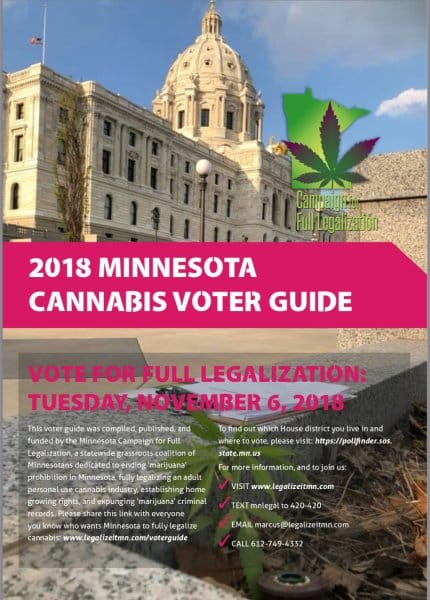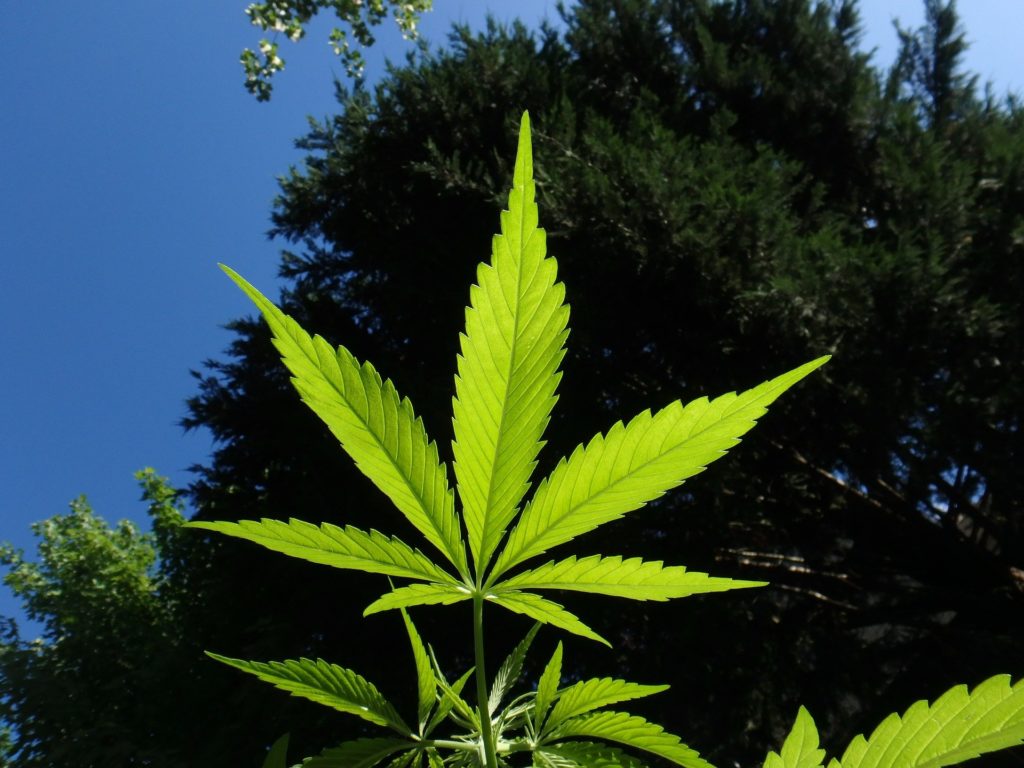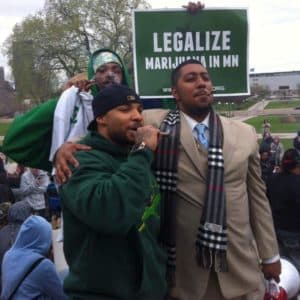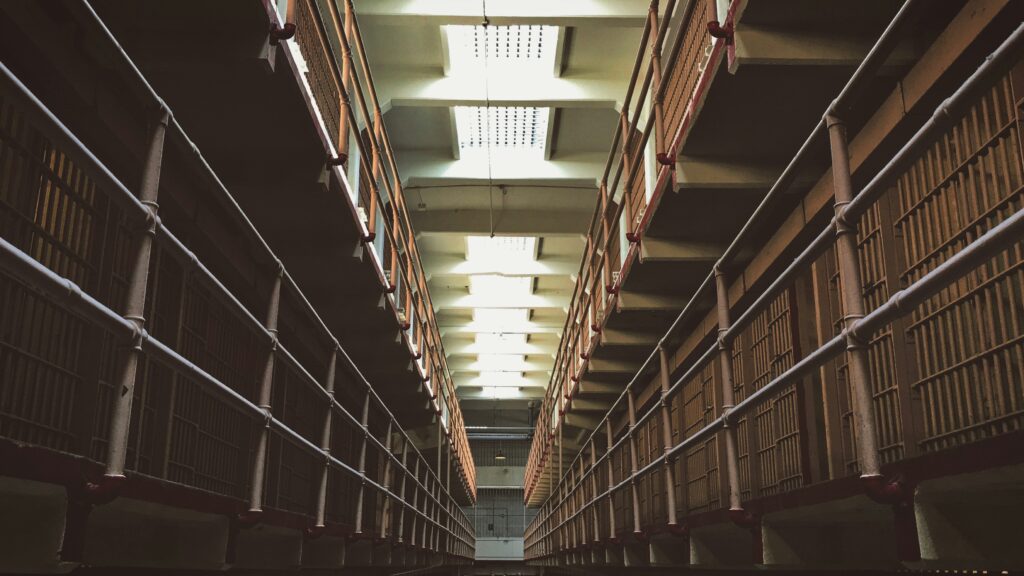
When will Minnesota fully legalize cannabis for adult personal use? It all depends on the outcome of the 2018 Elections!
In 2012, Colorado and Washington State were the first two states to legalize cannabis for adult personal use, more commonly known as “recreational marijuana.” Both of those states launched the first legal markets for adult personal use in 2014, which gave long-time legalization activists in Minnesota and around the world more hope than they’d ever had, and it inspired many new legalization activists like me to begin advocating for full legalization. It was in 2014 that the Minnesota state legislature became the 22nd state to legalize medical cannabis, and the Minnesota Department of Health then created the Minnesota Medical Cannabis Program, which has been one of the most restrictive models in the nation. There are now 30 states with various legal medical cannabis models, 8 states with adult personal use models, and the state of Vermont and Washington, D.C. have legalized possession and home growing without creating legal cannabis industries, which by default fosters “grey markets” for illicit market entrepreneurs and consumers. One week ago, on October 17, 2018, the nation of Canada legalized cannabis for adult personal use, becoming only the second country in the world, after Uruguay, to fully legalize it. The prohibition state of Minnesota borders the Canadian province of Manitoba, so legalization advocates here are hopeful that this historic change will hasten these changes in our country and state.
Unlike Colorado, Washington State, Oregon, Alaska, California, Nevada, Maine, and Massachusetts, Minnesota is not an initiative state, which means ending prohibition is much more difficult here than in those states where voters can bypass their state legislature by creating an initiative petition and then collecting enough signatures to place the “Initiative,” “Measure,” “Proposition,” or “Proposal” (or whatever it’s called in each respective initiative state) on an election ballot where voters have the power to decide to change the law. On November 6, 2018, voters in our neighboring state of North Dakota will vote on Measure 3. Voters in Michigan, another upper Midwestern state, will similarly vote on Proposal 1 on Election Day. Both Measure 3 and Proposal 1, respectively, give voters in North Dakota and Michigan the opportunity to decide if their states will fully legalize cannabis or not.
If Minnesota was an initiative state, we’d probably be one of the legalized states by now. There are only two ways Minnesotan voters could legalize cannabis, either by voting for candidates who support it, or if our state legislators passed a (veto-proof) constitutional amendment act that would place the issue on the ballot as a proposal, or a question about changing the laws, for voters to decide. As of now, most Minnesota state legislators do not support letting the voters decide to change these prohibition laws. Unfortunately, there has not been enough political will among our state legislators for them to get it done on their own. Most people do not seem to be aware that no non-initiative state has fully legalized cannabis for adult personal use through the traditional legislative process of state legislators passing a bill and sending it to a Governor to sign into law. Although Minnesota voters won’t get to vote directly for full legalization in the form of a constitutional amendment ballot referendum question, we can indirectly vote for it by electing candidates who would support it as state Representatives, state Senators, and Governor.
Most of the Democratic gubernatorial candidates in Minnesota supported full legalization this year, including the Primary Election winner, Tim Walz. Walz appears to be the frontrunner in a competitive race against Prohibitionist Republican candidate Jeff Johnson, who opposes legalization. These candidate’s policy positions on cannabis are reflective of the official party platform positions of their parties. The DFL has support of full legalization on their party platform, while the GOP has its opposition to full legalization on their party platform. With the exception of Jesse Ventura, there have not been any other Minnesota Governors who has publicly supported fully legalizing cannabis. Ventura was the only one of the last five who didn’t served two consecutive four-year terms. Being a non-initiative state, our hope for ending prohibition here is heavily dependent on having a pro-legalization Governor elected.
For people who don’t understand the legislative process, it’s critically clarifying to note that no pro-legalization Governor can legalize cannabis without a state legislature that is willing and able to pass a bill for him or her to sign into law. The party with majority control decides who chairs the different committees in each respective body of the state legislature, the House and the Senate, and the committee chairs have the power to decide which bills get heard. If a bill never receives a hearing, there is no hope for it to pass. Prohibitionist committee chairs are arguably the worst opponents of legalization legislation. The first full legalization bills were introduced in Minnesota in 2017 (HF 926m HF 927, HF 2417, and SF 1320), but the Republican committee chairs did not allow any of them to receive a single hearing. If Tim Walz gets elected as Governor, and if the DFL wins majorities in both the Senate and House, we are very likely to see real progress next year.
During the previous two legislative sessions, the Republicans had majority control of the state House, so they will either maintain it, or they could lose it if the Democrats win a majority of the 134 state House races. The GOP was up by 11 House seats going into this 2018 Election, but there have been 12 state House districts identified as “flippable,” which means those 12 districts are the most competitive for the candidates from the two major parties, so a DFL candidate could potentially unseat the Republican incumbents in them. If the DFL gains control of the House, we will very likely see the first committee hearings held for full legalization legislation next year.
The full state Senate is not up for election until 2020, but there is a noteworthy special election in Senate District (SD) 13 that will decide whether the DFL gains or the GOP maintains majority control of the state Senate. Earlier this year the SD 13 Senator resigned to become a candidate for Lieutenant Governor. Neither of the special election candidates in SD 13 are in favor of full legalization. Nonetheless, if the DFL gains control of the Senate, we will very likely see the first Senate committee hearings held for full next year.
The Minnesota Campaign for Full Legalization has produced a Cannabis Legalization Voter Guide to identify the positions of Minnesota state House candidates on ending prohibition and fully legalizing cannabis that you can view here: www.legalizeitmn.com/voterguide. After the General Election on November 6, this voter guide will become the “Cannabis Count,” an official record of the positions of all Minnesota state legislators on ending prohibition and fully legalizing an adult personal use cannabis industry, establishing home growing rights, and expunging “marijuana” criminal records. We’re using the voter guide to influence the outcome of the elections, and we will use the Cannabis Count to lobby accordingly. If you’re a Minnesotan voter with a candidate in your House District who hasn’t answered our candidate survey questions, please send them the following link, and ask them to complete it to inform you as a voter: .
In 2018, there are more than 500,000 adult Minnesotan cannabis consumers, but less than 13,000 people with one or more of the limited qualifying conditions have registered in the Minnesota Medical Cannabis Program to gain safe legal access to this healing plant. Tragically, most of the people who do qualify are disabled, low-income people who cannot afford to purchase the products manufactured by the state’s two licensed medical cannabis companies, LeafLine Labs and Minnesota Medical Solutions, respectively. Meanwhile an average of 10,000 Minnesotans are getting arrested each year that prohibition continues to criminalize cannabis and the people who are forced to break these unjust drug laws. The Minnesota Campaign for Full Legalization is organizing voters in all 134 state legislative districts to demand that state legislators end the senseless, expensive, corrupt, structurally racist, and failed war against cannabis consumers. To do that, we all need to vote on Tuesday, November 6, 2018 to elect the candidates who support us, those who respect our personal freedom and understand that full legalization is safer than prohibition, which means it will increase public safety, improve public health, and for those people who don’t care about the lives at stake, full legalization will create economic development statewide.
FOR MORE INFORMATION about the Minnesota Campaign for Full Legalization, email [email protected] or text or call 763-760-2695.
VOLUNTEER by emailing [email protected]
TEXT “mnlegal” to 420-420 for campaign updates, event invitations and calls to action.





